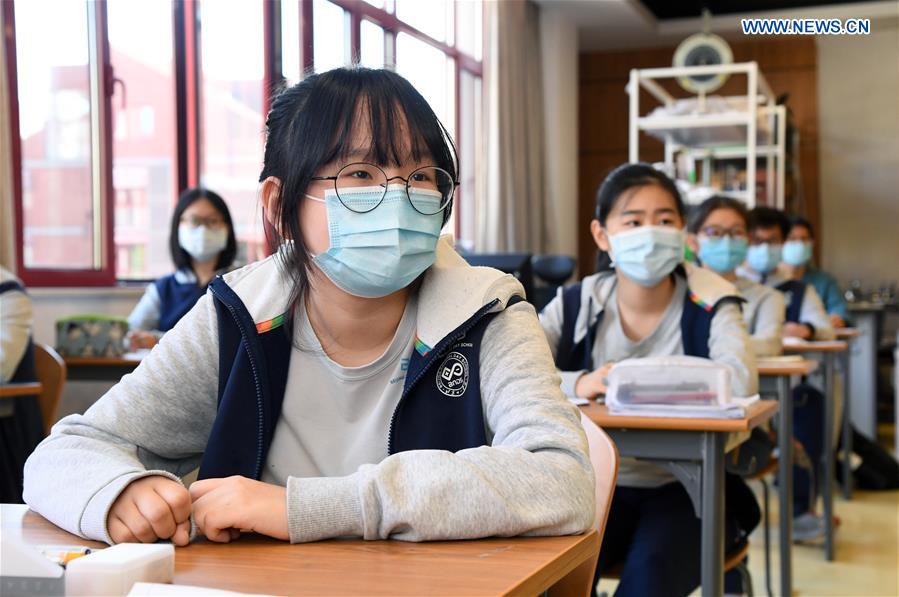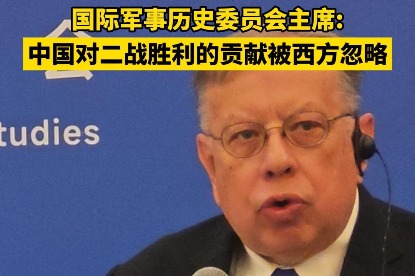Teachers now empowered to discipline ill-behaved students


The Ministry of Education on Wednesday introduced a long-awaited rule for ensuring discipline in primary and middle schools.
The rule, which will come into effect on March 1, stipulates that schools and teachers can take disciplinary action when students commit acts of disobedience, engage in disorderly conduct, endanger others' safety, or infringe on others' rights.
The rule triggered heated discussions because while most people agree that teachers should be empowered to enforce discipline by punishing students and correcting their behaviors, there is no unanimity on how far the teachers can go.
Those supporting the rule feel that after years of lacking the sanction to punish problematic students, educators can finally exercise their long due rights to discipline the bad apples. Those opposing the rule feel it might infringe upon students' legal rights and interests.
However, the argument of neither side holds water. Anyone reading the rule carefully will see that it sets clear behavioral limits for both educators and students, and if it is well implemented, the rule is neither going to increase teachers' power nor harm students' interests, as it is primarily designed to normalize and regulate implementation of disciplinary measures in education, rather than sanctioning punishment for the sake of punishment.
In the first place, physical and psychological punishments are strictly prohibited in school; disciplinary action can only be taken for the purpose of education and "always with love for students".
The rule classifies student behavior inviting disciplinary action into different categories and degrees, matching disciplinary measures with them accordingly.
And the measures lay emphasis on stopping wrong behavior in a timely manner and face-to-face communication between students and teachers and school disciplinary instructors.
Implementing the rule will help ensure discipline in the field of education and maintain a normal teaching-and-learning environment on campuses. It will bring about positive results. And the rule is expected to be further adjusted to meet the demands of practice, and realize its desired purposes.


































